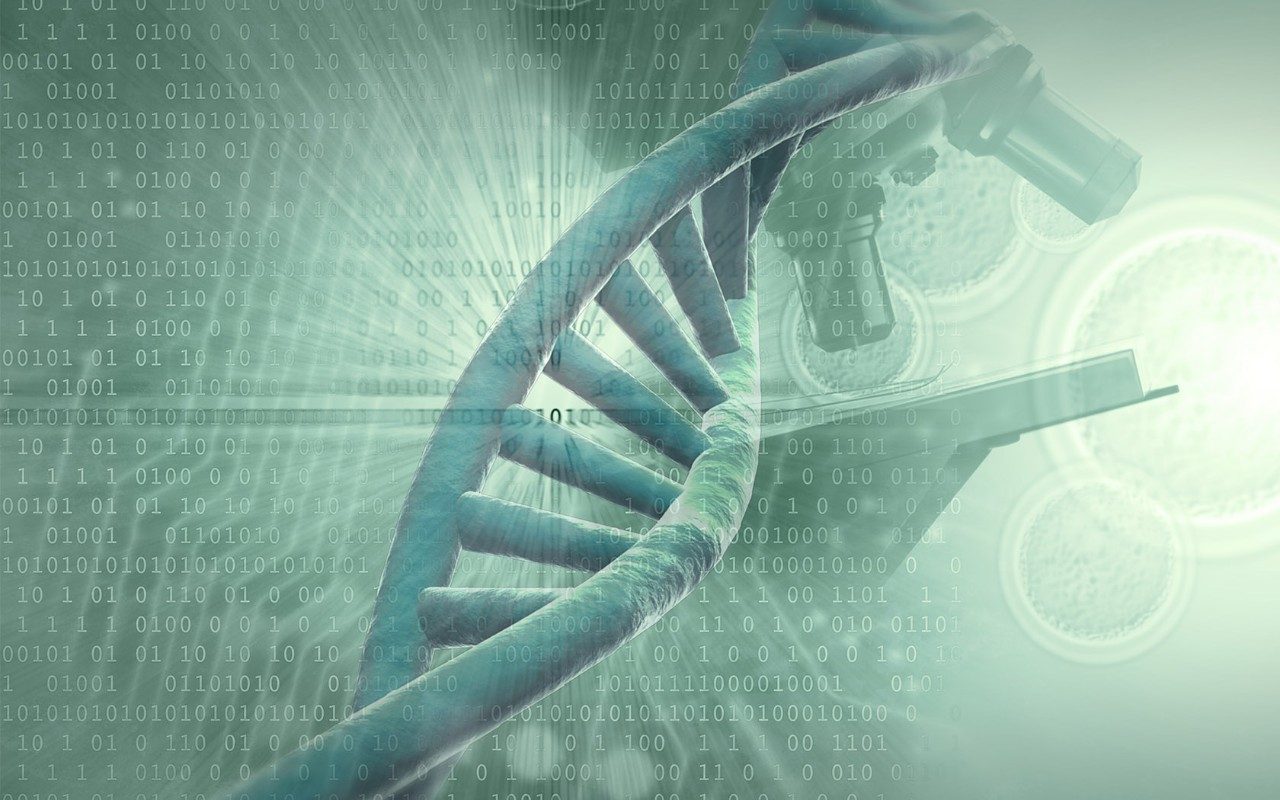Inheriting a greater risk of cancer
Hereditary cancers are caused by genetic mutations passed down from parents to children. The National Cancer Institute estimates these...

Doctors developing more screenings for cancers related to...
The human papillomavirus (HPV) is known to cause a variety of cancers, but screening guidelines and a reliable early-detection test...
HPV vaccination rates are rising, but more work remains
According to a recent report from the Centers for Disease Control and Prevention (CDC), adolescent vaccination rates for the human...
With the help of Pink Ribbon Red Ribbon, fighting cancer in Africa
A program designed to reduce cervical- and breast-cancer deaths among women in developing countries is celebrating its fifth...

How lasers are attacking 'inoperable' brain and spine tumors
When Allison Easley awoke one morning with soreness under her right armpit, she thought she’d pulled a muscle. But the pain soon...
APOLLO project aims to expose cancer’s evasive action
A study that indicates how advanced melanoma responds to an immunotherapy, published in Cancer Discovery, demonstrates a...
MD Anderson receives $19.1 million in CPRIT awards
MD Anderson Cancer Center has been awarded $19.1 million in research grants in the most recent round of funding from the Cancer...
This discovery may increase effectiveness of immunotherapy
Two cellular pathways have been shown to play a role in regulating the immune-system protein PDL1, a finding that could lead to...





